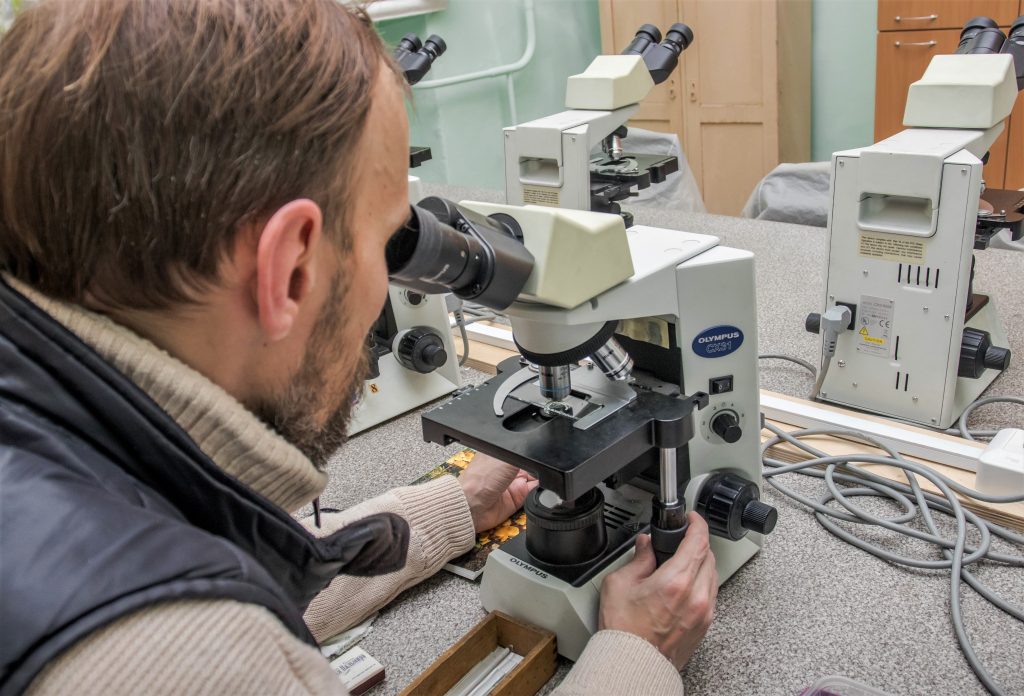A Perm State University biologist has performed as an expert on a rare case – regarding the unconventional exotic decease of little Eva. Eva’s mother has been trying to figure out her daughter’s sickness since mid-January.
The recollections of their trip to Zanzibar will last sorely longer, as Natalia Pashina had to take her daughter to intensive hospital care. On their arrival back to Perm from the exotic island, little Eva suddenly felt unwell, suffering from a high temperature.
The tests that Natalia decided to do in private medical labs showed that the girl could have contracted African trypanosomiasis, known as the sleeping sickness. The dangerous illness occurs after an infected tsetse fly, the insects carrying parasites.
“Sleeping sickness is a deadly disease. If neglected and left untreated, it will lead to fatal consequences. Nor it is easy to cure. Only a highly qualified doctor dealing with tropical diseases may establish a diagnosis upon that,”
says Andrei Krasheninnikov, Associate Professor, Department of Invertebrate Zoology and Aquatic Ecology, PSU, in his comment to the NTV television company.

African trypanosomiasis treatment and prevention are complex, and require high expertise with assistance by scientists. Many techniques have reduced tsetse populations, with earlier, crude methods recently replaced by methods that are cheaper, more directed, and ecologically better, to name land clearing, pesticide campaigns and wild animals slaughter control.
Among the most environmentally friendly control tactics, invented by scientists, is the sterile insect technique. Ionizing radiation is used to sterilize male flies, produced in labs. The sterile males are then released systematically in tsetse-infested areas, where they mate with wild females, which do not produce offspring. As a result, this technique can eventually eradicate populations of wild flies.
The Faculty of Biology at Perm State University prepares specialists in biology and environmental science, as well as biotechnology, genetics, microbiology, ichthyology and immunology. The scholars of the Faculty were the first in Russia to study the influence of HIV and Hepatitis C virus on activation of immune resistance attenuation of immune system cells, as well as the role of systematic inflammation within this process and its consequences.
